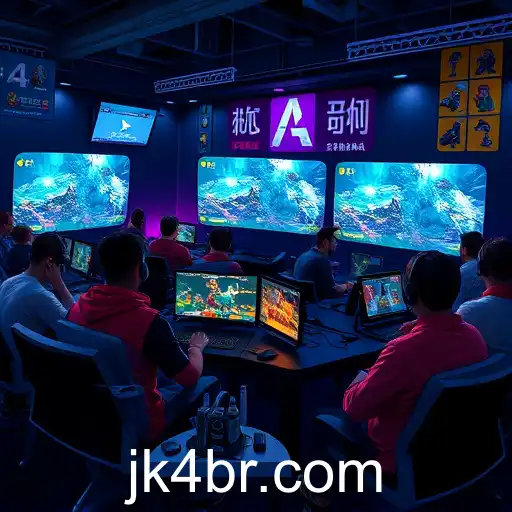
The Impact of Robotics on Modern Education

In recent years, the integration of robotics into the educational sector has revolutionized the way students engage with learning. As we move further into the decade, robotic technologies have begun to take center stage in classrooms worldwide, providing students with hands-on experience and enhancing their problem-solving skills. This technological advancement is not only improving educational outcomes but also preparing the next generation for a future dominated by technology.
A key aspect of this transformation is the increased accessibility of robotic kits designed for educational purposes. These kits allow students to construct and program their robots, fostering a deeper understanding of STEM (Science, Technology, Engineering, and Mathematics) principles. By working directly with these technologies, students develop critical thinking skills and adaptability—traits that are crucial in the rapidly evolving job market.
Moreover, the use of robotics in education extends beyond traditional STEM subjects. Robots are increasingly being utilized to teach languages, social sciences, and arts, effectively broadening the horizon of interactive learning. For instance, language learning can be made more immersive with the help of AI-driven robots that can simulate conversational partners, offering students real-time feedback and correction.
However, the integration of robotics in education is not without its challenges. Concerns have been raised about the reliance on technology and the potential for it to widen the gap between privileged and underprivileged students who may lack access to these resources. Educational institutions and policymakers are thus tasked with ensuring equitable access to these technologies, striving to bridge the digital divide.
Looking forward, the role of robotics in education is slated to continue its expansion. Experts predict a future where classrooms are equipped with collaborative robots, or ‘cobots’, to customize and enhance individual learning experiences. As the world becomes more digitalized, equipping students with the ability to interact and innovate with technology will be essential for their success.
In conclusion, while challenges remain, the ongoing integration of robotics into education represents a significant step forward, promising a future where learning is more dynamic, inclusive, and effective.
Rising Tide of Online Gaming: JK4's Role
Explore how JK4 is influencing the online gaming sphere amidst the rapid technological advancements in 2025.
The Digital Playground: Exploring the Rise of jk4 and Online Gaming Trends
An in-depth look at the evolution and impact of the jk4 gaming platform, emphasizing its influence on the current online gaming landscape.
The Rise of Online Gaming Communities
Exploring the evolution of online gaming communities in 2025, with a focus on the website 'jk4'.
 Skip to content
Skip to content





